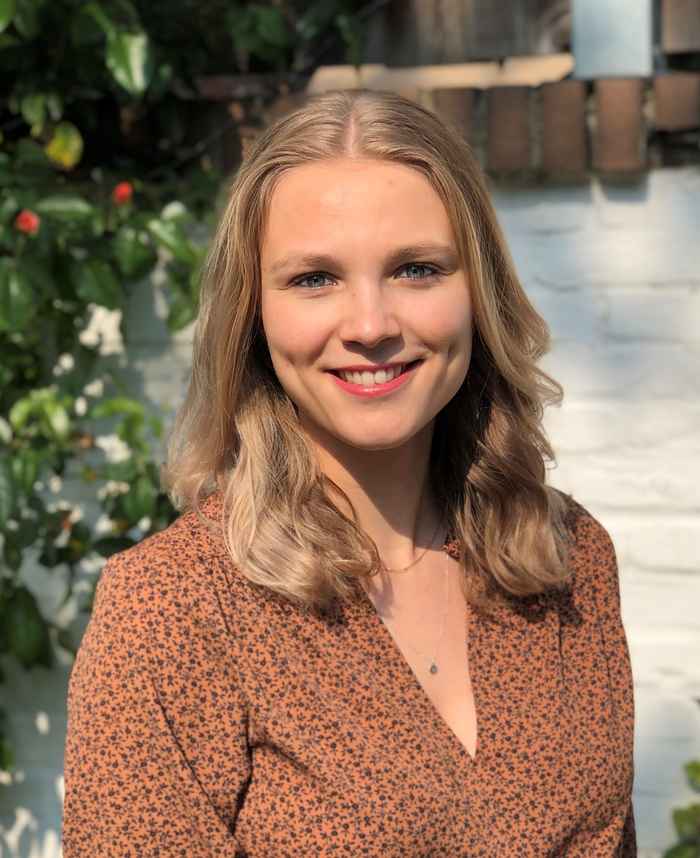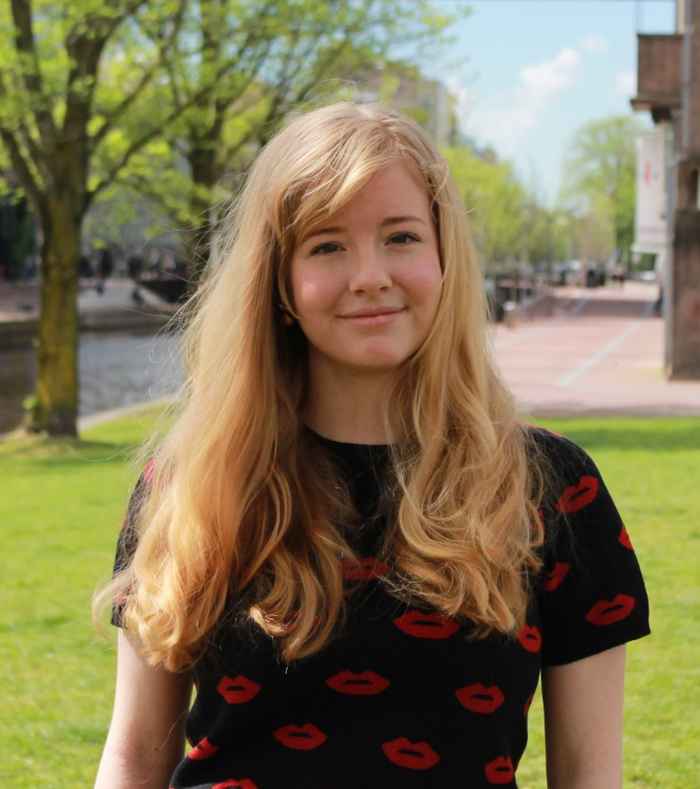'The human side of law'
Amsterdam Law Hub rewards the initiative Juridisch Advies-Covid-19 with € 500
20 May 2020
At the beginning of April, the Amsterdam Law Hub held a competition to reward new legal aid initiatives for the corona crisis. Two actions to help others were rewarded with an amount of € 500. One of the two winners is Juridisch Advies-Covid-19 (Legal Advice-Covid-19). We speak with initiator Anne Coppelmans, law student at the University of Maastricht, and team member Nina Hol, law student at the UvA.

Website created within an hour
Anne Coppelmans built Juridisch Advies-Covid-19 independently from the ground up, even though she had never set up a business before. Her idea arose while calling a friend about the consequences of the virus. Out of automatism Anne gives some advice on how to tackle certain challenges. She also notices in her surroundings and at work that companies are in dire straits. The moment people around her are dismissed, it becomes clear to her that employees need advice. Anne decides to help more people. The website is created within an hour. She disseminates the site within her own network and soon enough brand awareness is created to set up a team and get to work on the first questions. On the 14th of March Juridisch Advies-Covid-19 really starts.
Help for employees and small entrepreneurs
The target group of the initiative are employees and small entrepreneurs. A large group of people are hard hit by the measures," says Anne. There's suddenly a lot of uncertainty about the work they have, and people often don't know what rights they have. In order to assist them, we help them with their questions'. Employees working in sectors that are now temporarily closed ask common questions. For example, whether they temporarily need to do other work if their employer requires it. And whether they can be fired. Or about the right to continued payment.
‘The government has set up the temporary emergency measure for work retention for this purpose,' says Nina. Employers can make use of it, so that employees can continue to be paid, in part. In this way, it is possible to prevent employees from running out of income or being dismissed. We help by making the employee aware of the possibilities that exist in that specific situation, and encouraging him or her to talk to the employer. This temporary measure is so new that many people do not yet know of its existence'.
The temporary emergency measure for work retention is so new that many people do not yet know of its existence.

Nina likes to lend a helping hand at a time when many people feel powerless. The consequences of Covid-19 will be felt long after the measures have been lifted. People's need for help does not stop as soon as the measures have been stopped. The writing of the advice has shown me the human side of law. The side that guarantees rights in times of crisis, and how badly this is needed. It's wonderful to see this while we're still studying law'.
Future of the initiative?
What will happen to Juridisch Advies-Covid-19 when the pandemic is over? "We will continue to provide help as long as we feel the need," says Anne. I expect that help will also be needed when everything is allowed to reopen slowly. We can then help with clarity about the measures and what is and isn't allowed. I hope to be able to keep the platform online after the crisis, if necessary in a different form and working method'.
The initiative was spontaneous and quickly set up, but now the team still faces a challenge, because it turns out to be difficult to generate extra brand awareness and thus reach people who still have questions. Anne therefore wants to use part of the € 500 that she won to gain more brand awareness. And for the future? ‘If we want to continue the platform after the crisis, more funding is very welcome. However, I would like to approach it in a different way. I'm going to sit down for it, write a business plan and build from there'.
Amsterdam Law Hub
The Law Hub is a breeding ground for innovation in the field of social legal services. Students and staff of Amsterdam Law School work there together with social partners and legal entrepreneurs.